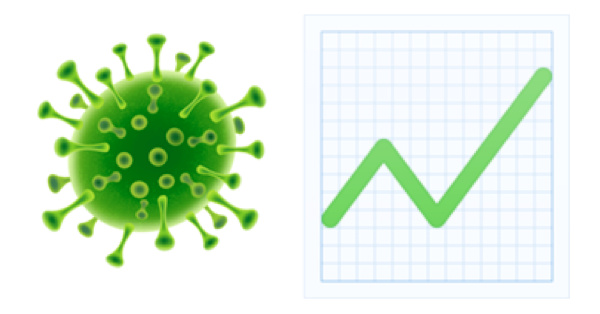Norjalaisilla tietysti taloudellisella puolella riittää pelivaraa ihan toisella tavalla kuin muilla.
Islanti muistetaan kenties talouskriisistä, mutta bkt per capita on nykyisin taas maailman kolmanneksi korkein Norjan kanssa, ja siellä on vain kolme ja puolisataatuhatta ihmistä testattavaksi.
Norjassa valtion rahastoissa varallisuutta taisi olla viime vuonna noin tuhannen miljardin euron edestä. Toki saattaneet laskea arvo nyt kun osakkeet menneet syöksyä alaspäin.
Vaikka Norjan valtion sijoitusten ja säästöjen arvo olisi puolittunut 500 miljardiin euroon, niin se ei paljoa norjalaisia hetkauta vaikka vuoden olisi sulku päällä ja lasku valtiolla olisi 50 miljardia euroa. Eikä se katastrofi olisi vaikka muutaman vuodenkin sitä tahtia rahaa palaisi Norjan valtiolta sulkutoimiin.




/img-s3.ilcdn.fi/fbb7f98ee6691f63efd641c7dda975aa0dd24f9c6098f58add062eac0aec2f78.jpeg)




/img-s3.ilcdn.fi/2e2be747ae29a207566161bbdabe2800f45655025f1aacae353f9ed32d665a9b.jpg)

/img-s3.ilcdn.fi/c2185394517fa018faef54360b0c4f4c7de05acc39eb6120db87d7a6669faafa.jpg)
